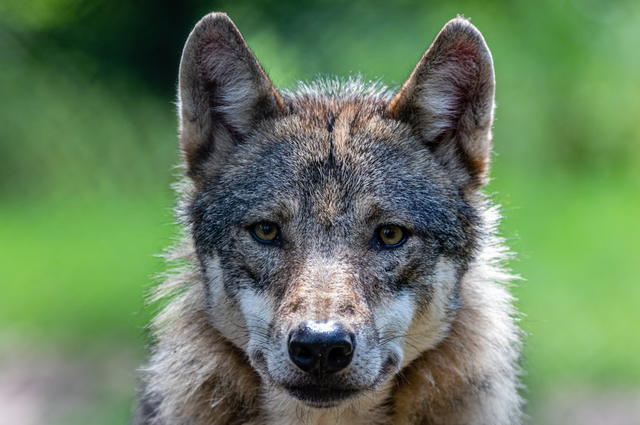Approximately Coyotes 106,360 to 212,720 Live in Arkansas
The distribution of coyotes across the state is widespread, with an average density of one coyote per two to four square miles. This means that coyotes can be found in various locations throughout Arkansas, from rural farmlands to suburban areas. Considering these statistics, it is no surprise that Arkansas's total number of coyotes exceeds a staggering 100,000.
Arkansas residents are granted certain privileges regarding hunting regulations regarding managing the coyote population. They can hunt or trap coyotes on private lands throughout the year. A hunting permit is not required for daytime coyote protection. However, if individuals wish to shoot coyotes at night to protect their livestock, they must obtain a depredation permit.
In addition, Arkansas residents have the option to trap coyotes for relocation purposes. This can be done on private and public lands, provided the individual possesses a valid hunting license. The official hunting season for coyotes in Arkansas extends from July to February, offering avid hunters ample opportunities to pursue this elusive and cunning species.
With its diverse wildlife and favorable regulations, Arkansas remains an appealing destination for experienced and novice hunters. It offers the chance to engage in responsible coyote management while appreciating the state's natural beauty.



